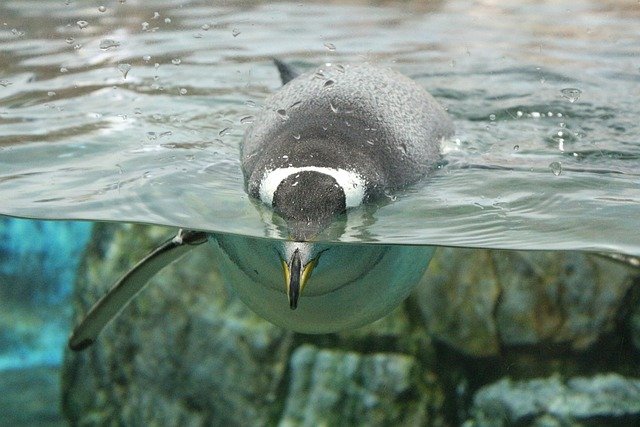
The Social Dynamics of Penguin Colonies: Cooperation, Conflict, and Care
Penguins are fascinating creatures, not only for their unique adaptations to life in harsh environments but also for their complex social structures. In this post, we will explore the intricate social dynamics of penguin colonies, focusing on three key aspects: cooperation, conflict, and care.
Cooperation in Penguin Colonies
One of the most remarkable features of penguin colonies is their cooperative behavior. Penguins often gather in large groups, known as rookeries, during breeding seasons. This social structure provides several advantages:
- Protection from Predators: By forming large colonies, penguins can reduce the risk of predation. The sheer number of individuals makes it difficult for predators to target any one penguin.
- Thermoregulation: In extreme cold, penguins huddle together to conserve heat. This cooperative behavior is essential for survival in frigid environments.
- Shared Responsibilities: Penguins often share the responsibilities of incubating eggs and feeding chicks. For example, in species like the Emperor Penguin, males will take turns incubating the egg while females hunt for food.
Conflict in Penguin Colonies
Despite their cooperative nature, penguin colonies are not without conflict. Competition for resources can lead to aggressive interactions among individuals. Key points include:
- Territorial Disputes: During the breeding season, male penguins may engage in aggressive displays to establish dominance and secure prime nesting sites. These displays can include vocalizations, posturing, and physical confrontations.
- Resource Competition: Limited food resources can lead to competition among penguins. When food is scarce, individuals may engage in aggressive behaviors to access feeding areas or defend captured prey.
- Social Hierarchies: Within colonies, social hierarchies can emerge, influencing breeding success and access to resources. Dominant individuals may have preferential access to mates and better feeding opportunities.
Care in Penguin Colonies
The care that penguins provide for their young is a critical component of their social dynamics. Parental investment is high, and both parents often play a role in nurturing their chicks. Important aspects include:
- Incubation: In many species, both males and females take turns incubating eggs, ensuring that they remain warm and protected from the cold.
- Feeding Chicks: Once the chicks hatch, parents continue to cooperate by foraging for food and bringing it back to their young. This cooperative feeding is vital for the survival of the chicks.
- Teaching: As chicks grow, parents also play a role in teaching them essential survival skills, such as foraging and social interaction within the colony.
Conclusion
The social dynamics of penguin colonies are a fascinating interplay of cooperation, conflict, and care. Understanding these behaviors not only sheds light on the lives of these remarkable birds but also highlights the complexities of social interactions in the animal kingdom. As we continue to study penguins, we gain valuable insights into the evolution of social behavior and the importance of collaboration and care in the survival of species.
Feel free to share your thoughts or experiences with penguins in the comments below! 🐧
